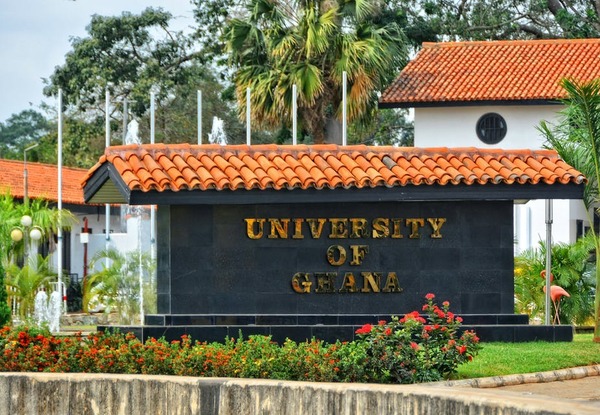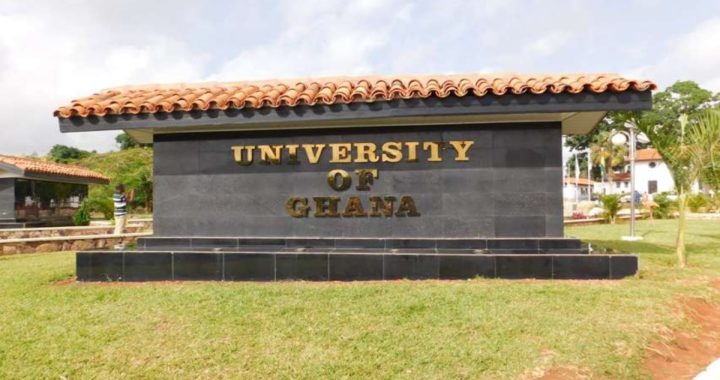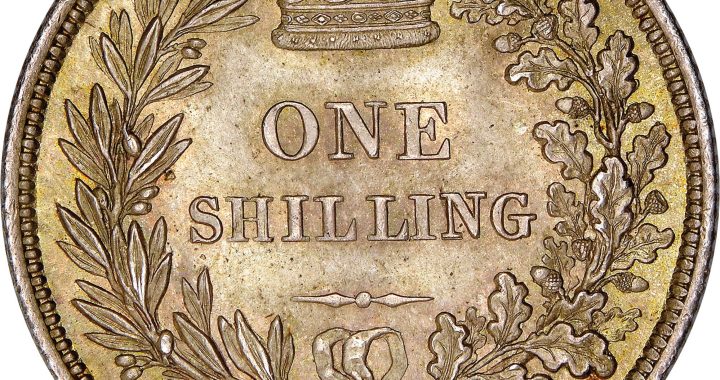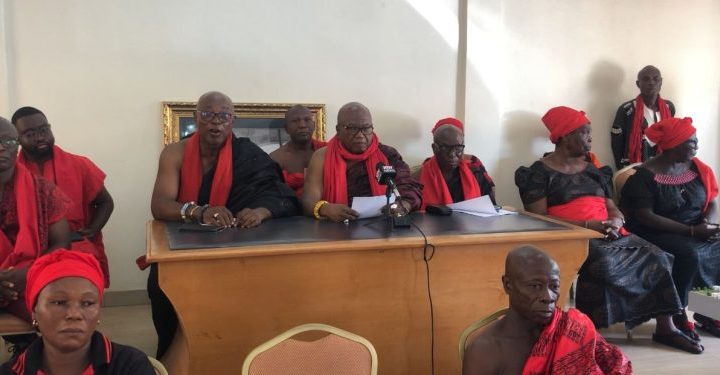Thousands of Ghanaians tertiary students’ future in Danger as 33 private tertiary institutions operate with expired accreditation

The futures of thousands of students in higher institutions of learning are in limbo, following revelations by the Ghana Tertiary Education Commission (GTEC) that as many as 33 private tertiary institutions in the country are currently operating with expired accreditation.
Institutions that have not been accredited by GTEC – regulator for higher institutions of learning, or have expired accreditation are all considered unaccredited.
The ramifications of operating a tertiary educational institution or programme of study without accreditation or approval from the Ghana Tertiary Education Commission are dire, as certificates from unaccredited schools are deemed invalid.
Apart from this, students with such certificates cannot pursue higher education or undertake the mandatory one-year national service – and the resources they might have invested must be considered.
Deputy Director-General of the Ghana Tertiary Education Commission, Prof. Ahmed Abdulai Jinapor, reacting to the development said accreditation processes exist to ensure tertiary institutions meet high-quality standards; and that students who are studying at unaccredited academic institutions face an uncertain future.
To help students know whether they are dealing with an accredited institution or not, GTEC – which has the mandate to regulate tertiary education in all its forms to promote efficient and effective administration and accreditation of tertiary education institutions – published a list of institutions with both accredited and expired accreditation on its website, with the specific dates.
READ: Statement of Purpose (SOP) for Scholarships in 2024
The full list of over 30 unaccredited institutions can be found on the Ghana Tertiary Education Commission’s website.
Toying with students’ future
“You put the academic lives of students in jeopardy; because there are people who go to those schools, finish and get scholarships into foreign institutions – which then write to GTEC, only to find out that the programme or course the prospective student studied was not accredited,” the Executive Director of Eduwatch Africa, Kofi Asare, explained earlier.
Mr. Asare called for more to be done toward addressing the situation, including making the list of unaccredited schools and programmes readily available to the general public.
READ: Ghana Education News App released for Mobile Phones: Install Now
While the deputy Director-General of GTEC mid-last year cautioned that media outlets which advertise unaccredited tertiary institutions could face consequences, B&FT’s monitoring of the media space chanced upon some radio stations in Accra advertising admission openings for some of the institutions with expired accreditation.
READ: GTEC must flush out unaccredited public and private tertiary institution and programmes
“Media houses advertising unaccredited tertiary education institutions will face severe consequences under the Education Regulatory Bodies Act, 2020 (Act 1023), including imprisonment for a minimum of 15 years,” Prof. Ahmed Abdulai mentioned last year
Source: B&FT
Send Stories | Social Media | Disclaimer
Send Stories and Articles for publication to [email protected]
We Are Active On Social Media
WhatsApp Channel: JOIN HERE
2024 BECE and WASSCE Channel - JOIN HERE
Facebook: JOIN HERE
Telegram: JOIN HERE
Twitter: FOLLOW US HERE
Instagram: FOLLOW US HERE
Disclaimer:
The information contained in this post on Ghana Education News is for general information purposes only. While we endeavour to keep the information up to date and correct, we make no representations or warranties of any kind, express or implied, about the completeness, accuracy, reliability, suitability or availability with respect to the website or the information, products, services, or related graphics contained on the post for any purpose.



 How to buy UG Admission Voucher with Momo/Shortcode
How to buy UG Admission Voucher with Momo/Shortcode  Top 5 Universities in the Netherlands for Masters Studies
Top 5 Universities in the Netherlands for Masters Studies  John Mahama Lists Plans for Education Sector When he is Voted for
John Mahama Lists Plans for Education Sector When he is Voted for  The Poll Tax Ordinance of 1852
The Poll Tax Ordinance of 1852  Asogli State rejects renaming Ho Technical University after Ephriam Amu
Asogli State rejects renaming Ho Technical University after Ephriam Amu